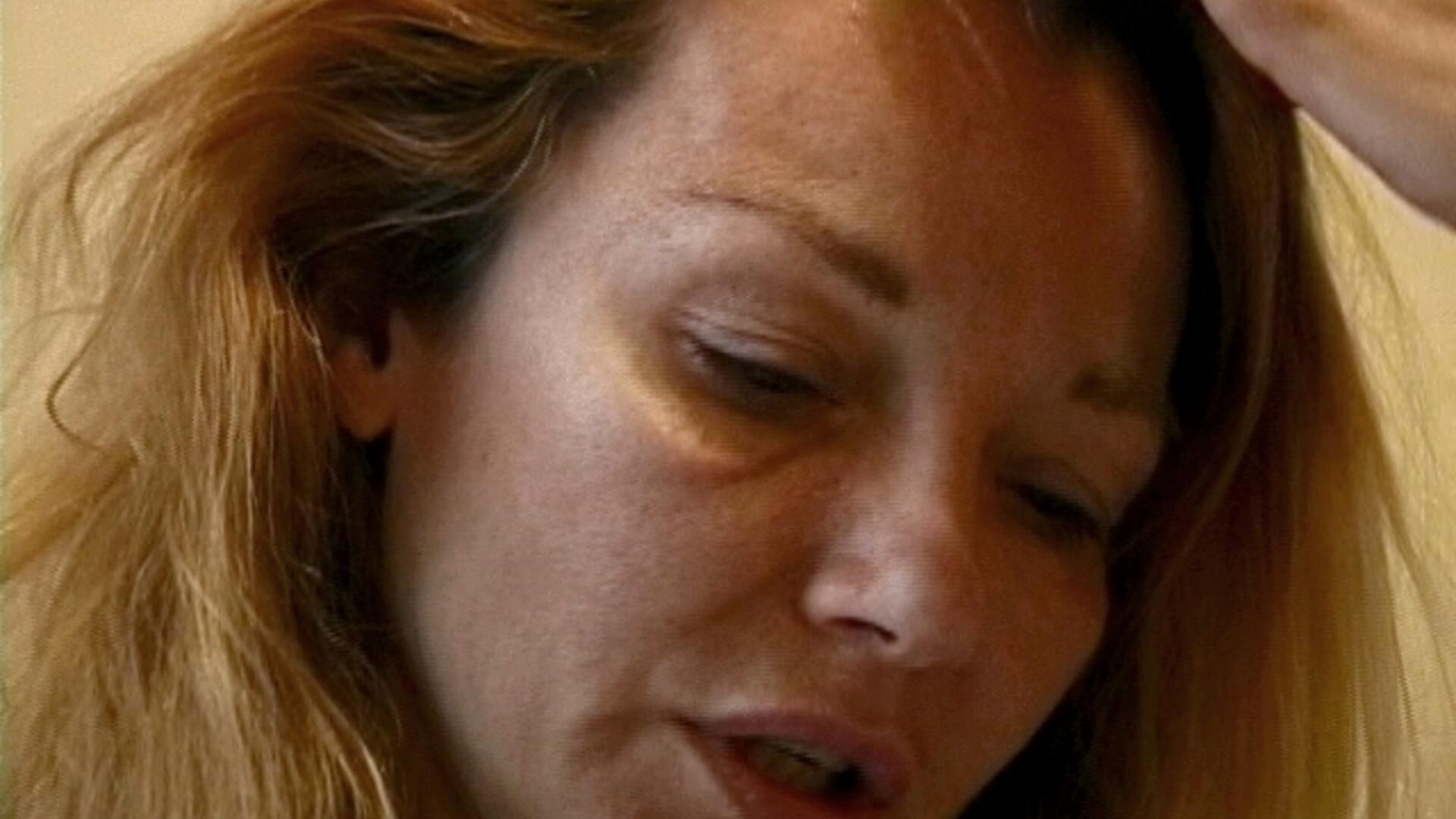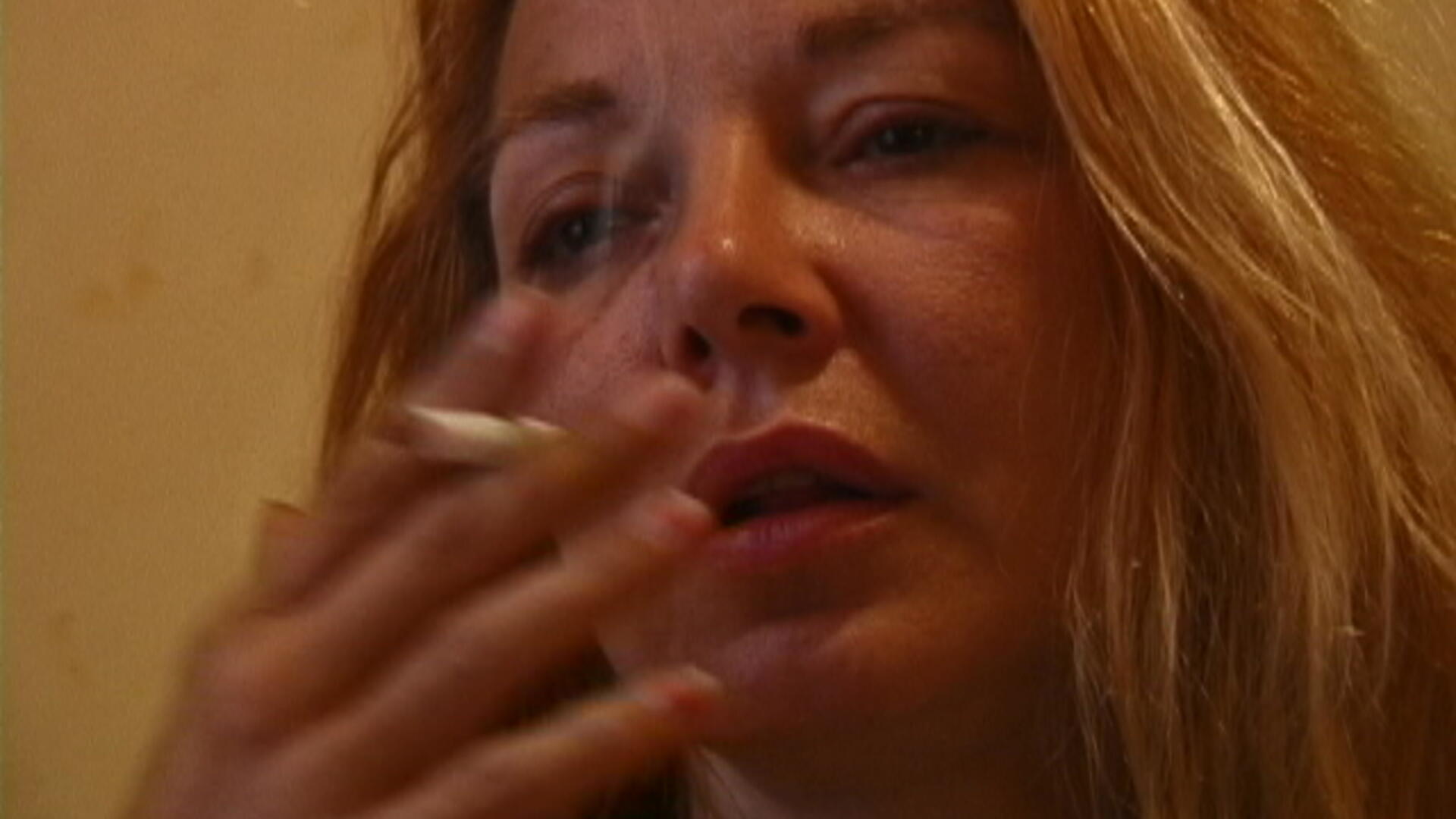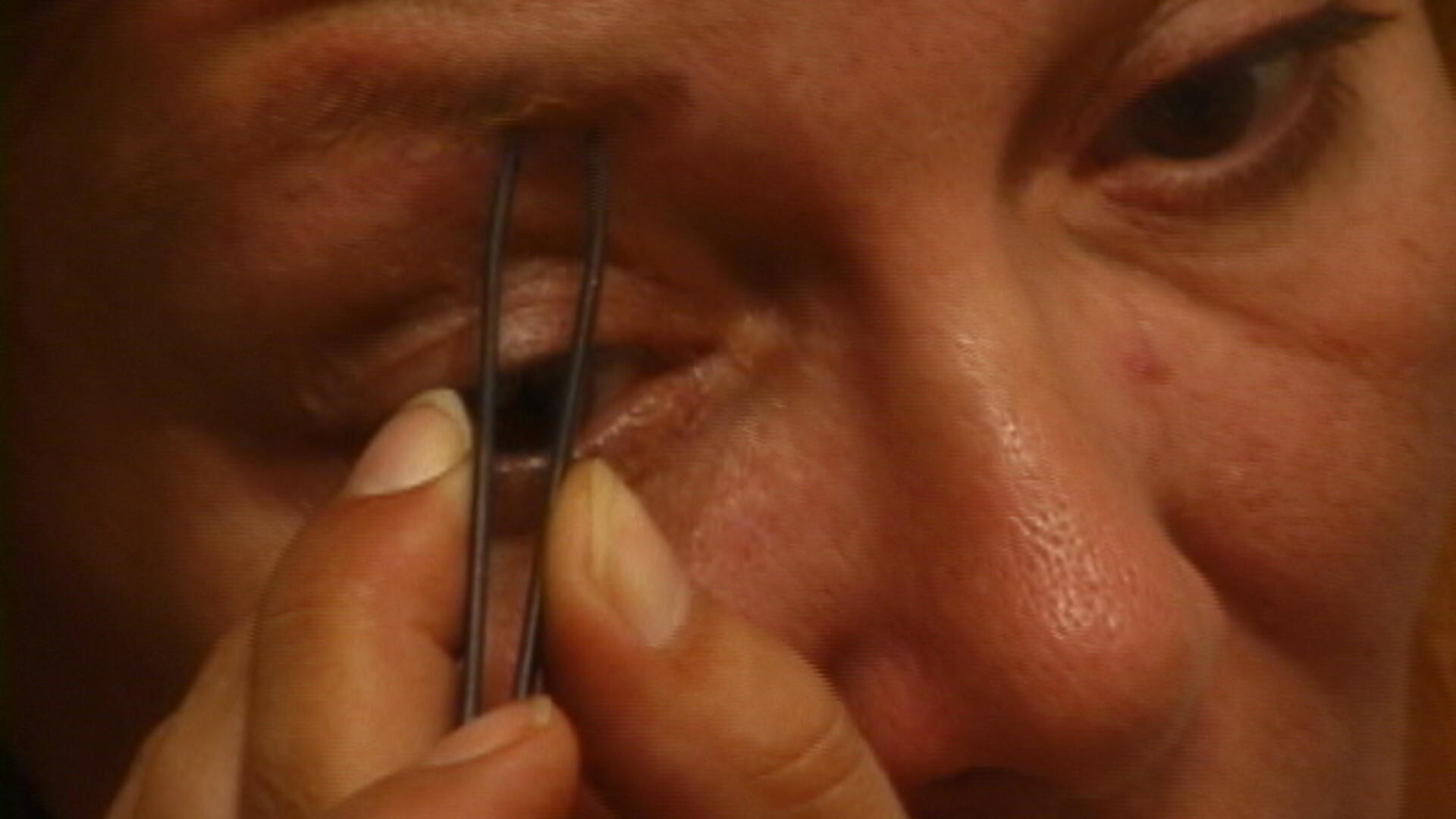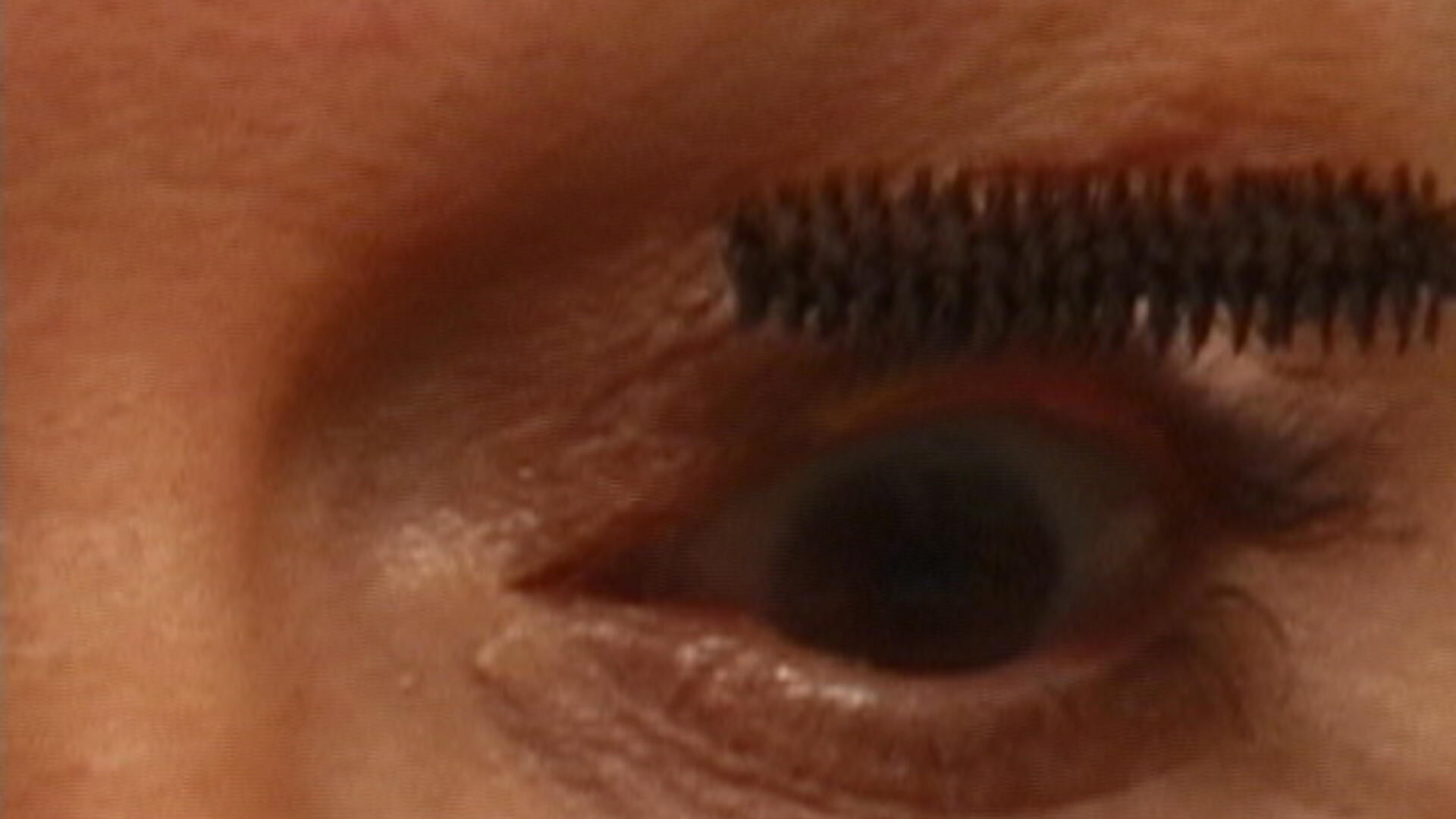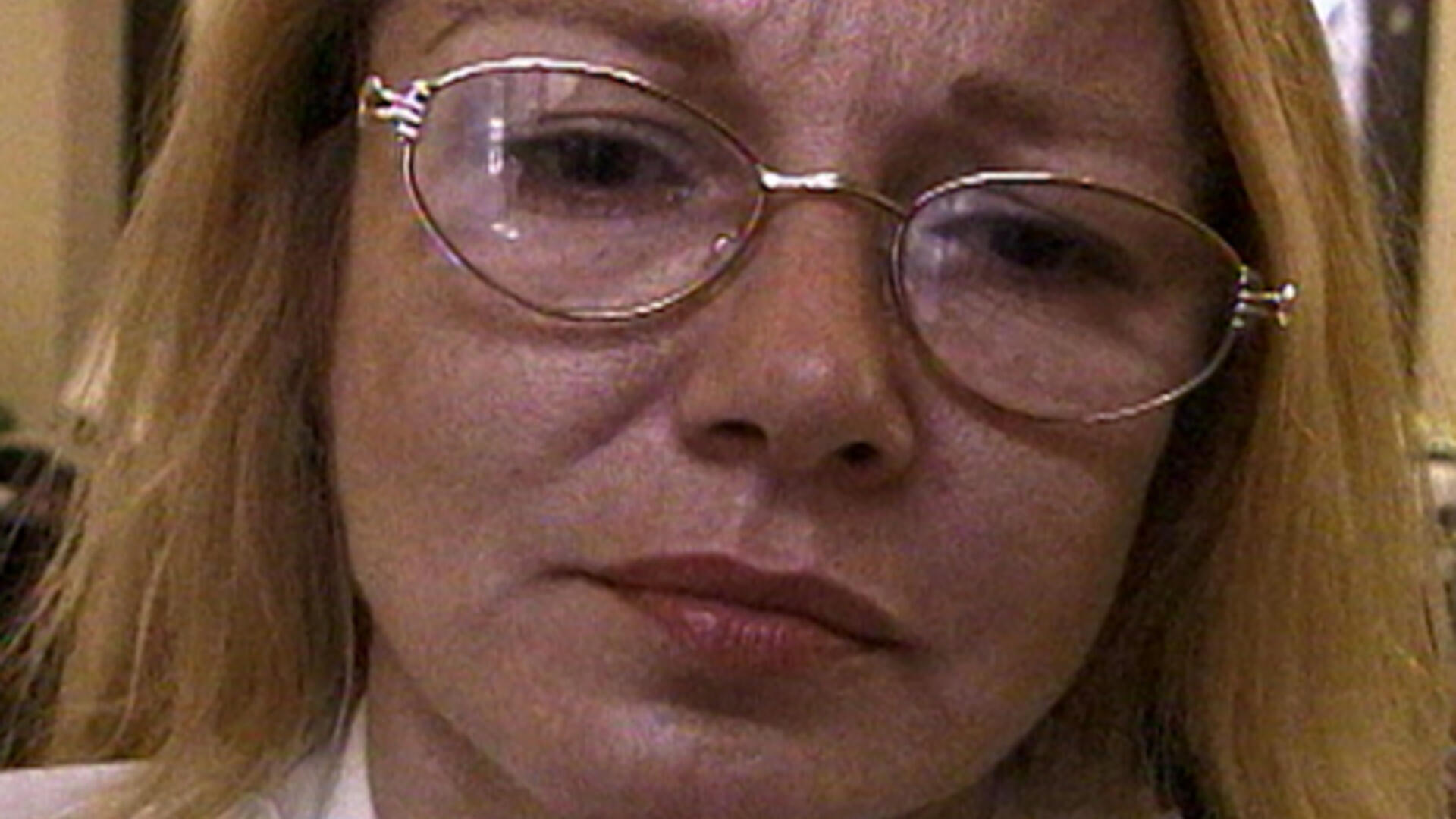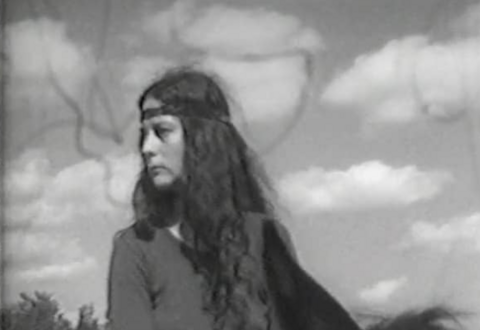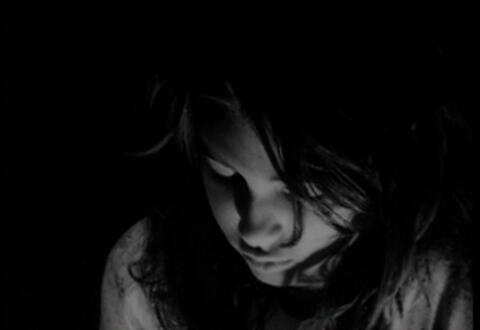If only I
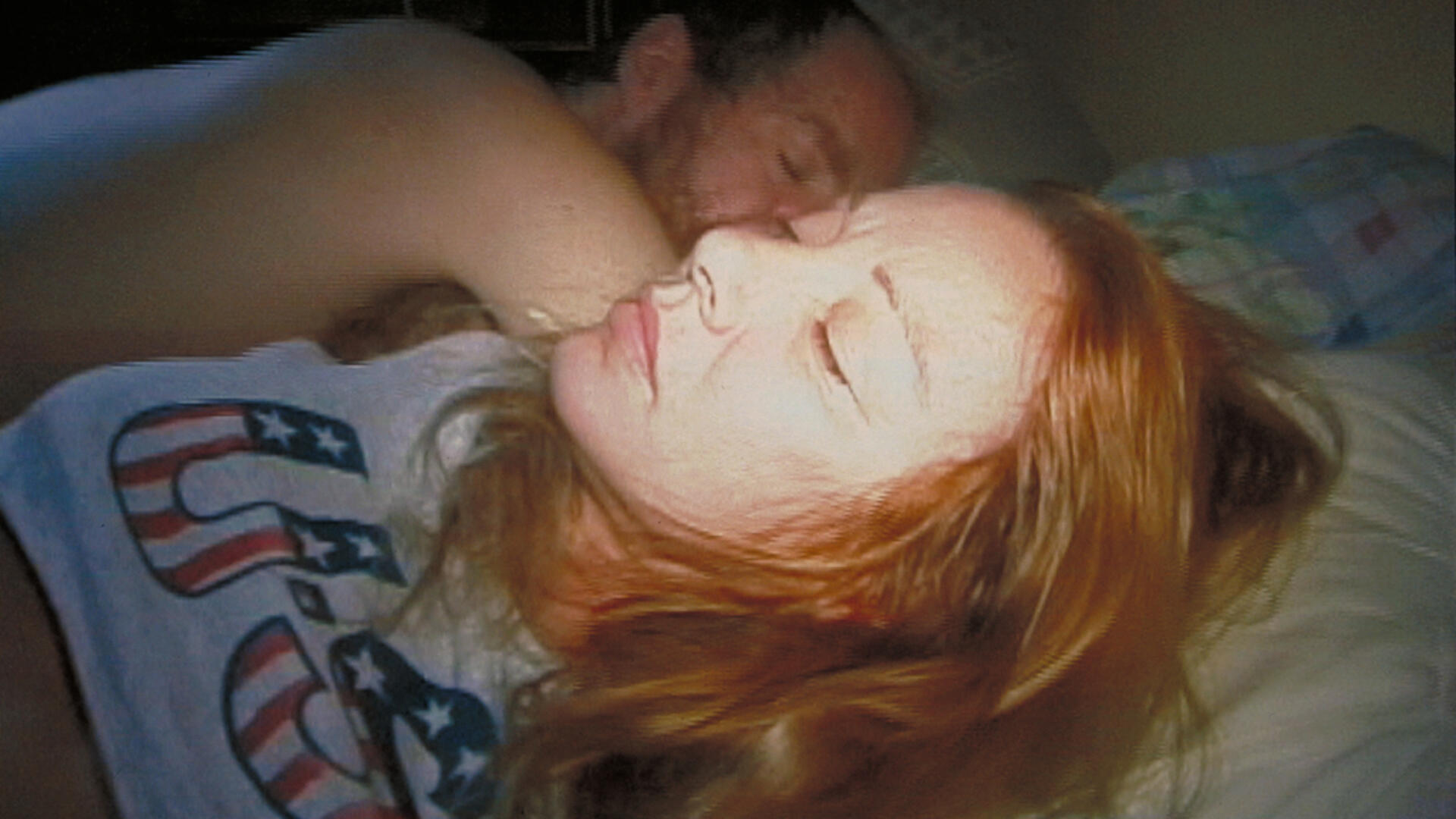
After having been for a long time a photographer of the human body, Donigan Cumming has for the past five years turned to the cinema. His films are uncompromising portraits of people whose lives are painful ordeals, if only i features Colin, the ange of Cumming's previous film, Erratic Angel. Colin has taken into his home Colleen, a woman who "fell from the nest" on a day when suicide seemed the only way out. She is now confined to a wheelchair. Cumming narrates the start of her new life. The film's title is taken from the opening sequence, in which Colleen goes over her past: if only I had not left my husband, if only I had not become attached to that other man.... In this way she proceeds to rewrite her whole story or, as she says, her tragedies. How does Cumming achieve such a feeling of trust that a single question of his is sufficient to bring Colleen to tell, apparently calmly, about so many violent experiences such as addiction, incest and suicide? The keystone of his filming technique is the close-up, which becomes almost unbearable when a scar or a ravaged face persistently occupies the screen. For Cumming hides nothing of the day-to-day life of this unusual couple. He allows his characters' anger and bitterness to be expressed in long shots.
The appeal of this film lies not in the enjoyment of what we see but in the emotion created by the raw reality that unfolds before our eyes and the rigour with which the film-maker handles his subject. The transposition of reality into image forgoes any decorative style and becomes - literally - a language of direct communication. Cumming's cinema remains as close as possible to speech in order to avoid diluting words and eroding their meaning. His films impact us forcefully, disturb us, and his cinema - sometimes described as the "video of cruelty" in reference to the concept of the body in Artaud 's theatre -seems to take the documentary to its utmost limits. This cinema, provocative for the spectator but definitely part of a consistent creative approach, presents harsh reality just as it is. The film will leave its mark and stay with you for a long time.
Yann-Olivier Wicht, Visions du réel, 2002






